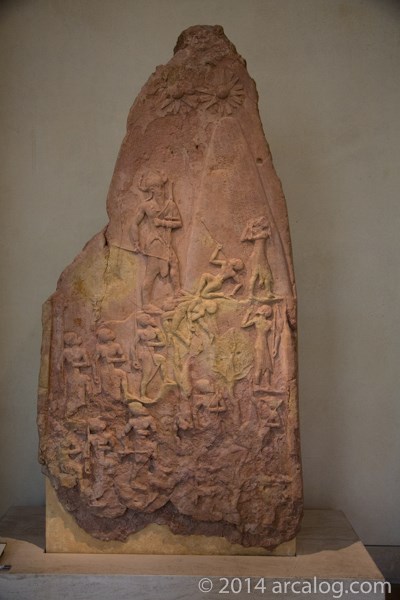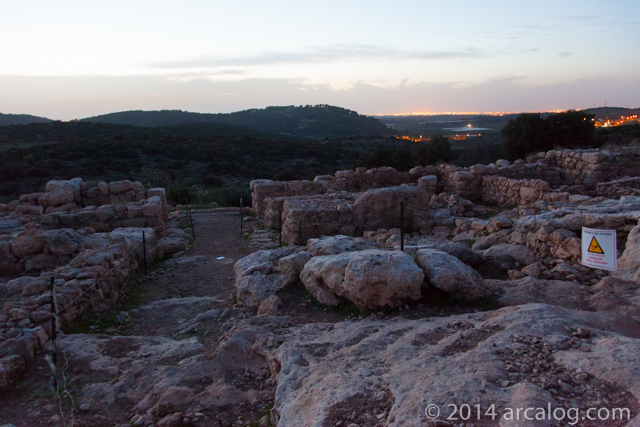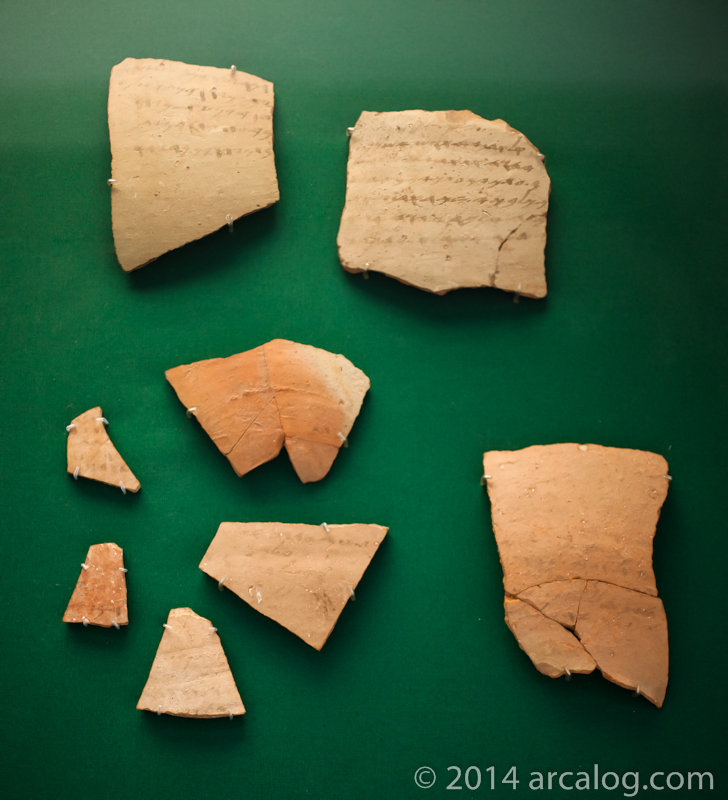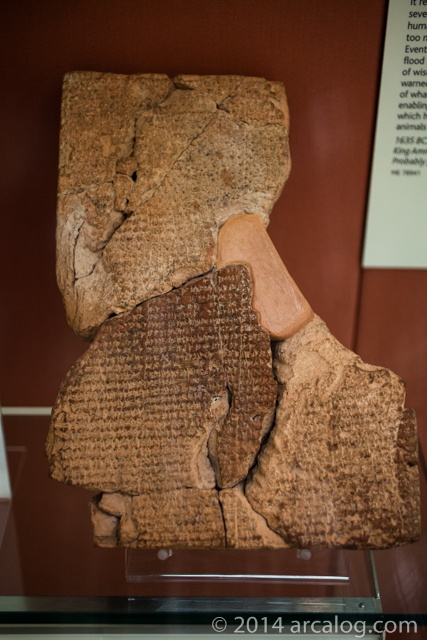Why did Napoleon invade Russia in 1812? Tolstoy tries to answer this question in his novel of the war:
We are forced to fall back upon fatalism in history to explain irrational events (that is those of which we cannot comprehend the reason). The more we try to explain those events in history rationally, the more irrational and incomprehensible they seem to us. Every man lives for himself, making use of his free-will for attainment of his own objects, and feels in his whole being that he can do or not do any action. But as soon as he does anything, that act, committed at a certain moment in time, becomes irrevocable and is the property of history, in which it has a significance, predestined and not subject to free choice.
There are two aspects to the life of every man: the personal life, which is free in proportion as its interests are abstract, and the elemental life of the swarm, in which a man must inevitably follow the laws laid down for him.
Consciously a man lives on his own account in freedom of will, but he serves as an unconscious instrument in bringing about the historical ends of humanity. And as an act he has once committed is irrevocable, and that act of his, coinciding in time with millions of acts of others, has an historical value. The higher a man’s place in the social scale, the more connections he has with others, and the more power he has over them, the more conspicuous is the inevitability and predestination of every act he commits. ” The hearts of kings are in the hand of God.” The king is the slave of history.
When the apple is ripe and falls-why does it fall? Is it because it is drawn by gravitation to the earth, because its stalk is withered, because it is dried by the sun, because it grows heavier, because the wind shakes it, or because the boy standing under the tree wants to eat it? (L. Tolstoy, War and Peace)
We are all on the same train and though we are free to read, sleep, or play cards, we cannot get off the train. Our thoughts and actions are ultimately the product of the age we live in. Not even the king can rise above the spirit of the Age. He is its slave! Tolstoy makes allowance for human choice, but only in a limited way. Ultimately, we are swept up in a series of unguided events over which we have no control. We are in the hands of fate!
I wonder how Tolstoy would answer another question that belongs to history: Why did Nebuchadnezzar attack Jerusalem in 586 BC? Was Judah simply in the wrong place at the wrong time, a small kingdom in the path of a steamroller? Certainly, that is not how the Judean prophets understood their plight. Jeremiah declares,
Hear and give ear; be not proud,
for the LORD has spoken.
Give glory to the LORD your God
before he brings darkness,
before your feet stumble
on the twilight mountains,
and while you look for light
he turns it into gloom
and makes it deep darkness. Jeremiah 13: 15-16
Jeremiah echoes the words of Isaiah spoken to king Ahaz a century earlier, “If you do not stand in faith, you will not stand at all!” Israel and her king were expected to go against the spirit of the age, to reject idolatry, and give glory to God. To borrow Tolstoy’s metaphor, they were to fly like geese and not swarm like insects. Israel’s failure to do so meant that they were absorbed into world empire. They became a part of the swarm.
Much of Israel’s history is measured against their adherence to the Law but the Biblical writers do not always equate suffering with sin. Here are just a few examples:
- The suffering of the Israelites in Egypt is never attributed to their sin. Nor is their salvation credited as a reward for obedience. It is not even clear that the people cried out to God for deliverance. In Exodus it says that the people “cried out in their distress and their cry came up to God.” This is a departure from the normal formula of “and the people cried out to God in their distress” that we find else where. (Ex 2:23 – cf. Deut. 26:7).
- The lesson from Job is that suffering may come from God, not as a punishment, but to test us. Job did not know about the Satan or the cause of his suffering. Throughout the book, Job expresses his desire to speak to God directly and plead his case. In the end, he gets his wish, and is overwhelmed by the majesty of God. If Job had not suffered, would he have seen the wonders of God?
- There are many Psalms that speak of the righteous persecuted without cause.
Deliver my soul from the wicked… O LORD, from men of the world whose portion is in this life. You fill their womb with treasure; they are satisfied with children, and they leave their abundance to their infants. As for me, I shall behold your face in righteousness; when I awake, I shall be satisfied with your likeness. (Psa 17:13-1 ESV)
- Jesus said that the people who died after a tower in Siloam collapsed on them were not any worse than others in Jerusalem (their death was not the consequence of sin) but those listening would perish because of their sin if they did not repent. Likewise, in response to a question from the Pharisees as to the reason a man was born blind, Jesus replied that it was neither because of this man’s sin, nor his parents, but that the power of God may be revealed. That the innocent might suffer does not seem to have occurred to these Pharisees.
Sometimes suffering is a consequence for sin and sometimes it just happens and we are not sure why. And we must decide whether we will cry out to God or curse our Fate.




